We’re hosting a range of free events at locations across Bournemouth and Poole as part of the ESRC Festival of Social Science – covering everything from staying safe online to the benefits of yoga during menopause and the digital lives of LGBTQ+ young people.
 They will take place between 19 October and 9 November as part of the ESRC Festival of Social Science, which offers an insight into some of the country’s leading social science research and how it influences our lives.
They will take place between 19 October and 9 November as part of the ESRC Festival of Social Science, which offers an insight into some of the country’s leading social science research and how it influences our lives.
The theme for this year’s festival is ‘Our Digital Lives’, with events exploring the relationship between humans and digital technology, from threats and opportunities facing us today to what life might look like in future.
A drop-in event at the Dolphin Shopping Centre on Friday 1 November will offer families the opportunity to explore cybersecurity and staying safe online while playing games including CyGamBit, developed by researchers at BU.
An exhibition of artwork based on young LGBTQ+ people’s stories of using digital spaces to enhance wellbeing will be on display at the Lighthouse, Poole from Saturday 26 October – Saturday 16 November. The display aims to challenge the often negative coverage of LGBTQ+ lives portrayed in mainstream media.
Other events include a women’s mini-yoga retreat, exploring the benefits of yoga in midlife and beyond; an online event for teachers to help support student wellbeing and social and emotional skills; and a school assembly at Avonwood Primary School introducing children to seaweed as a potential food source.
Amanda Edwards, Impact Manager at Bournemouth University, said: “We’re looking forward to showcasing BU’s social science research through workshops, exhibitions, and interactive activities for the ESRC Festival of Social Science this year.
“It is a great opportunity to explore some of the issues that affect our lives and society and have fun learning something new. We are particularly excited to be joining colleagues from University of Southampton on the final day of the festival.”
For the second year, BU is partnering with the University of Southampton and BU researchers will also be involved in the Arts and Humanities Day on Saturday 9 November, as part of the Southampton Arts and Humanities Festival.
The ESRC Festival of Social Science is an annual celebration of the social sciences, funded by the Economic and Social Research Council (ESRC), which is part of UK Research and Innovation (UKRI).
Stian Westlake, ESRC Executive Chair, said: “The ESRC Festival of Social Science offers a unique insight into UK social science research and its relevance to individuals, society and the economy.
“There are hundreds of free events taking place across the UK and online, including at Bournemouth University. We hope you enjoy the events and finding out more about social scientists’ work.”
For more information, and to book onto the events, visit: www.bournemouth.ac.uk/esrc-2024
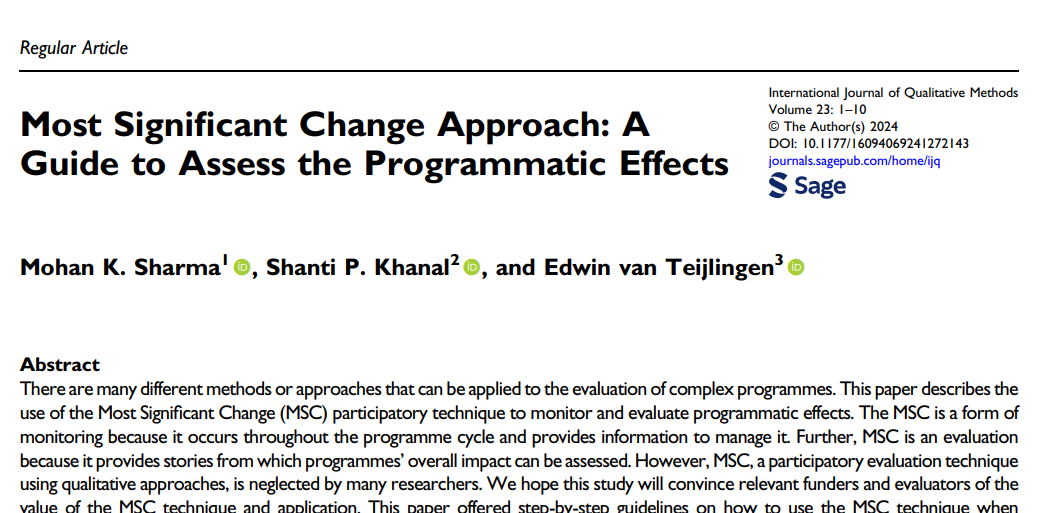
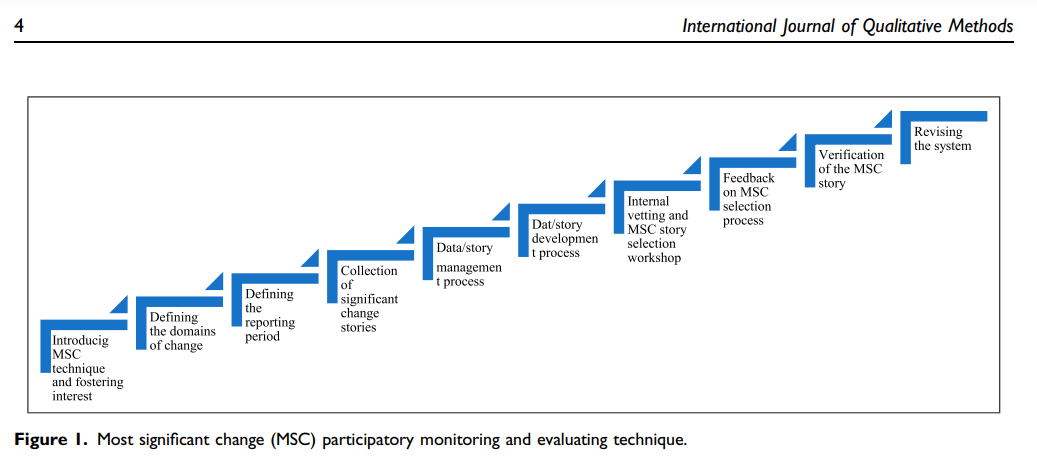

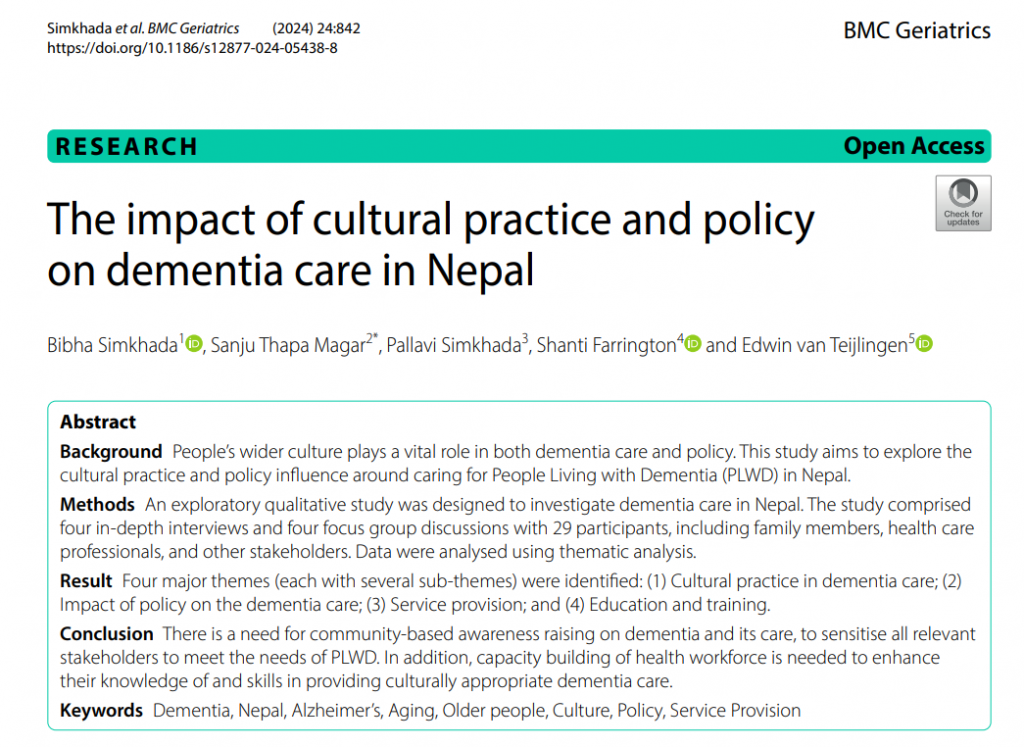


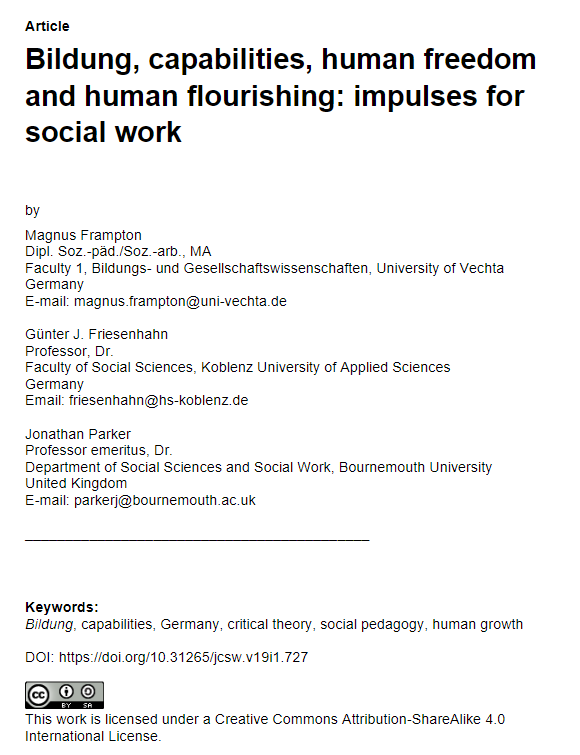


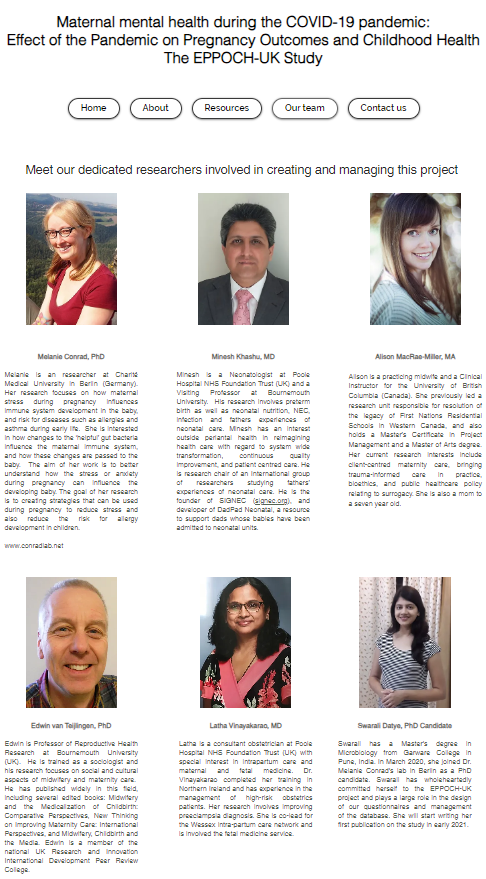
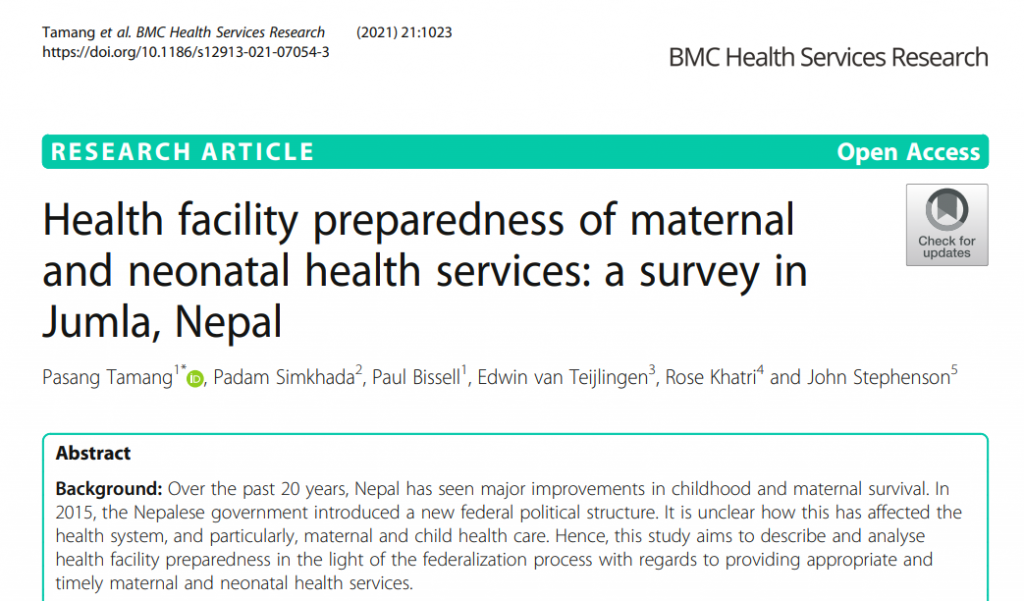



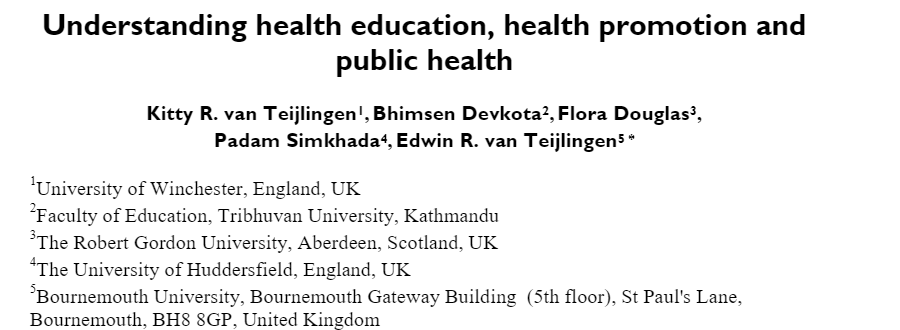
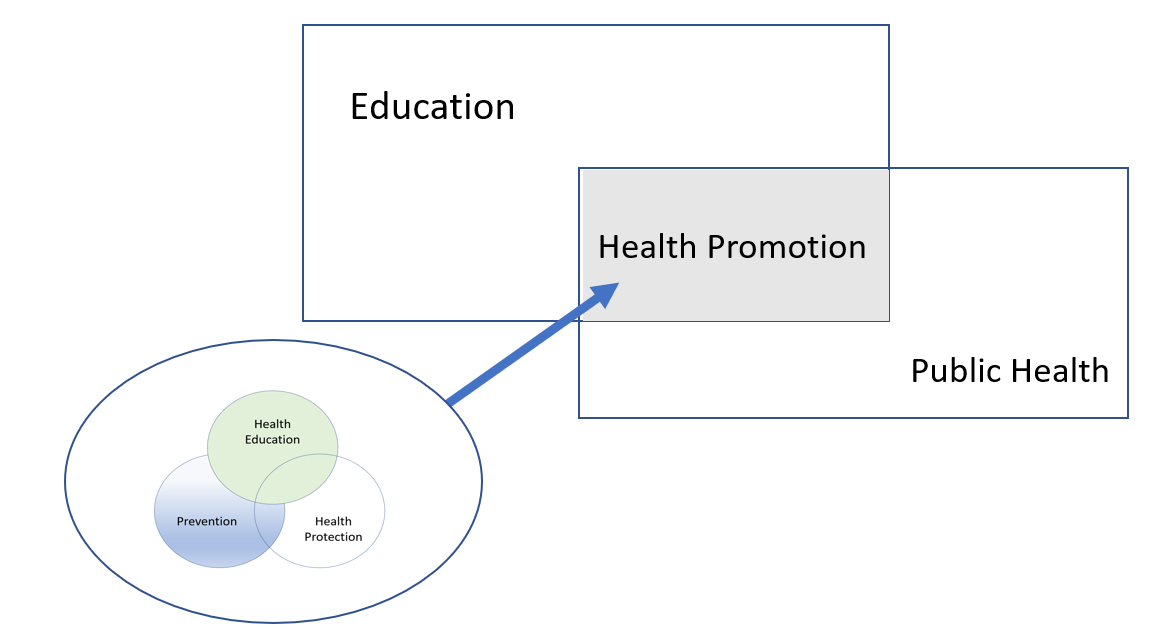
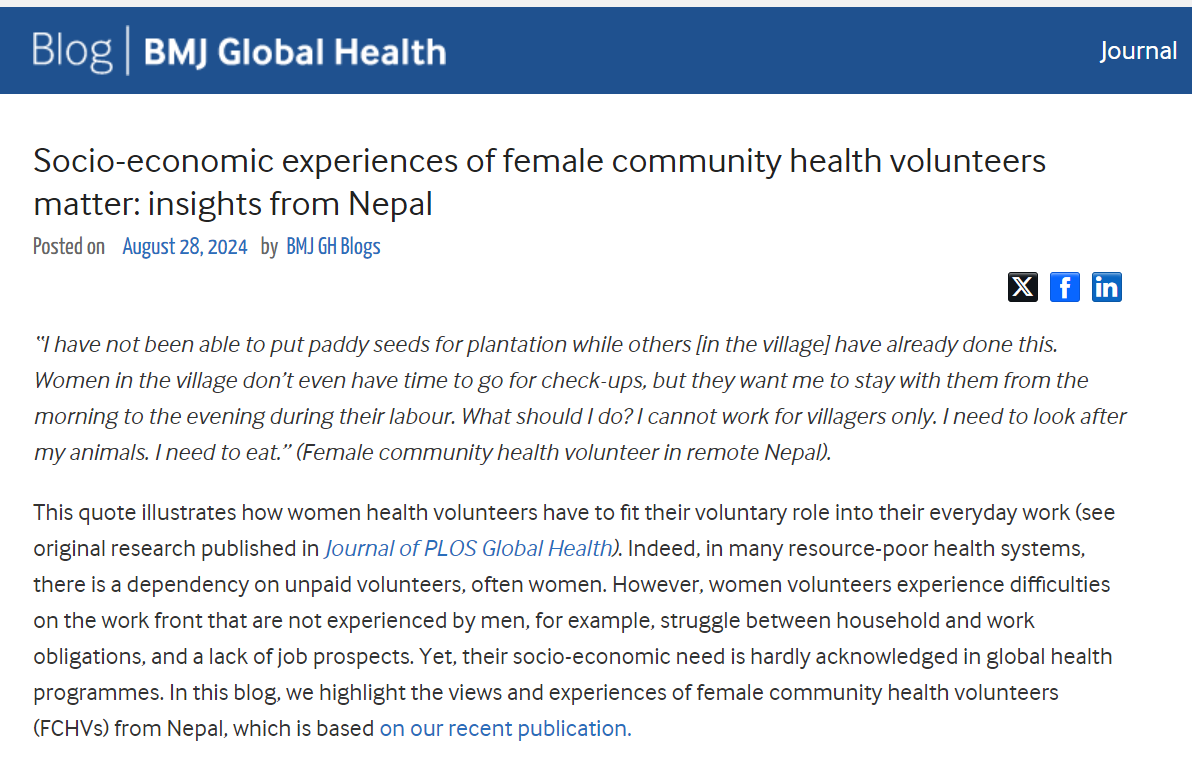
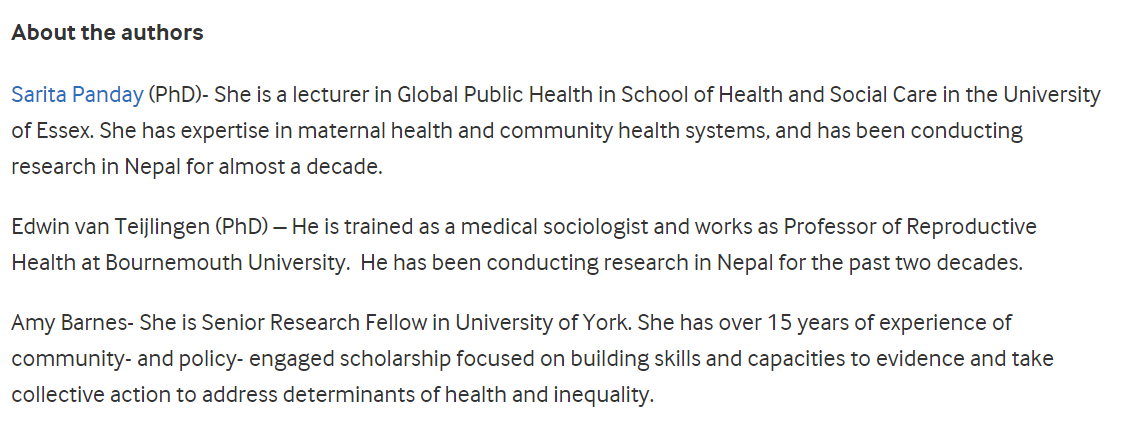

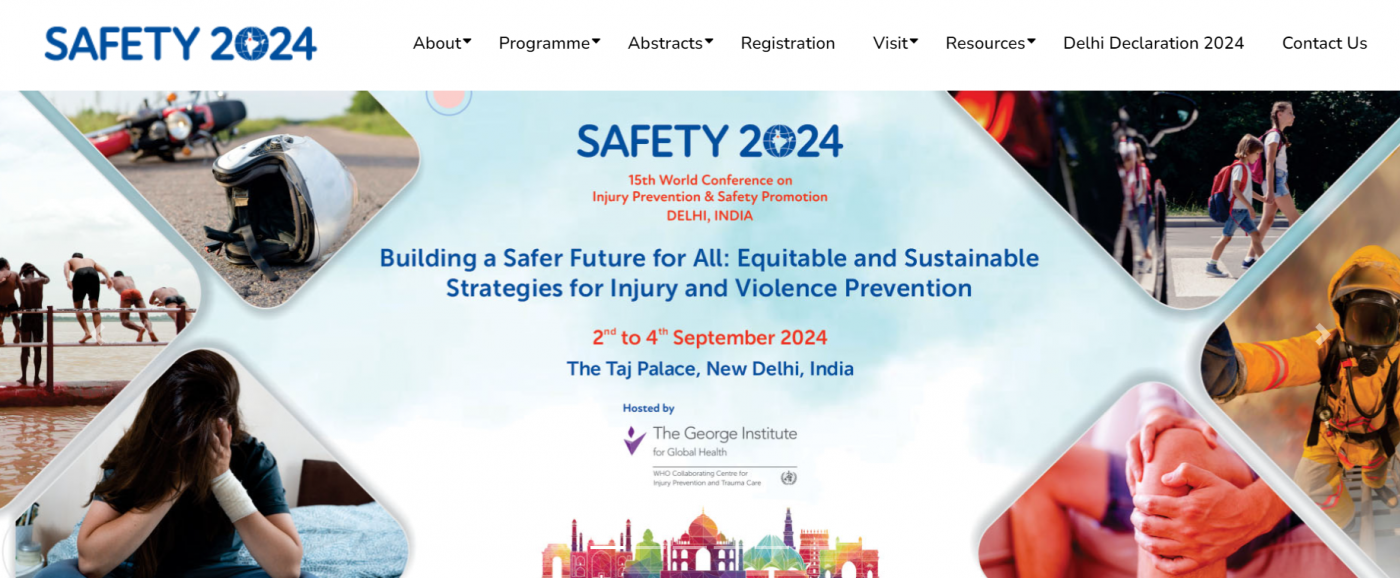

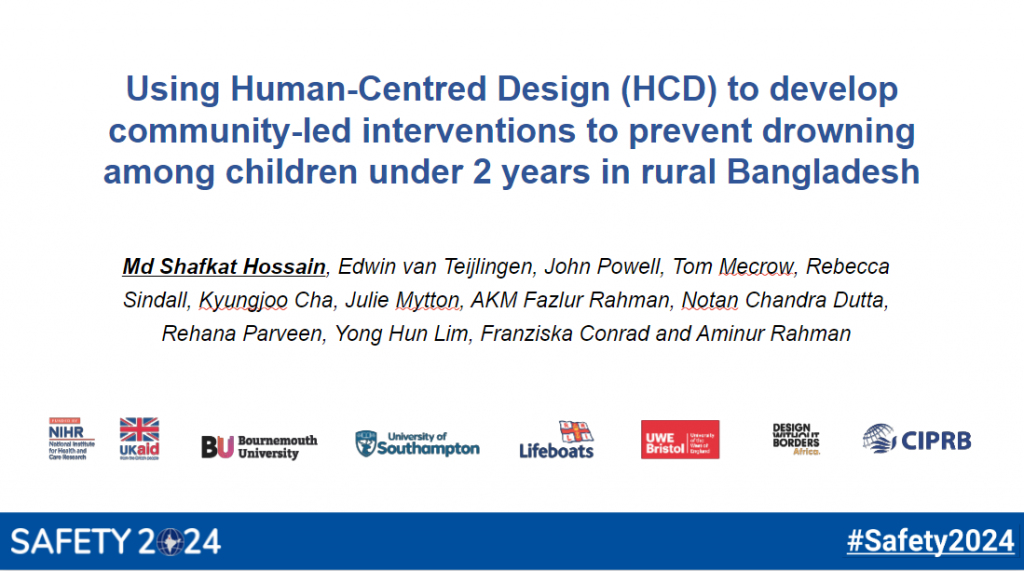

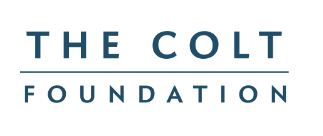

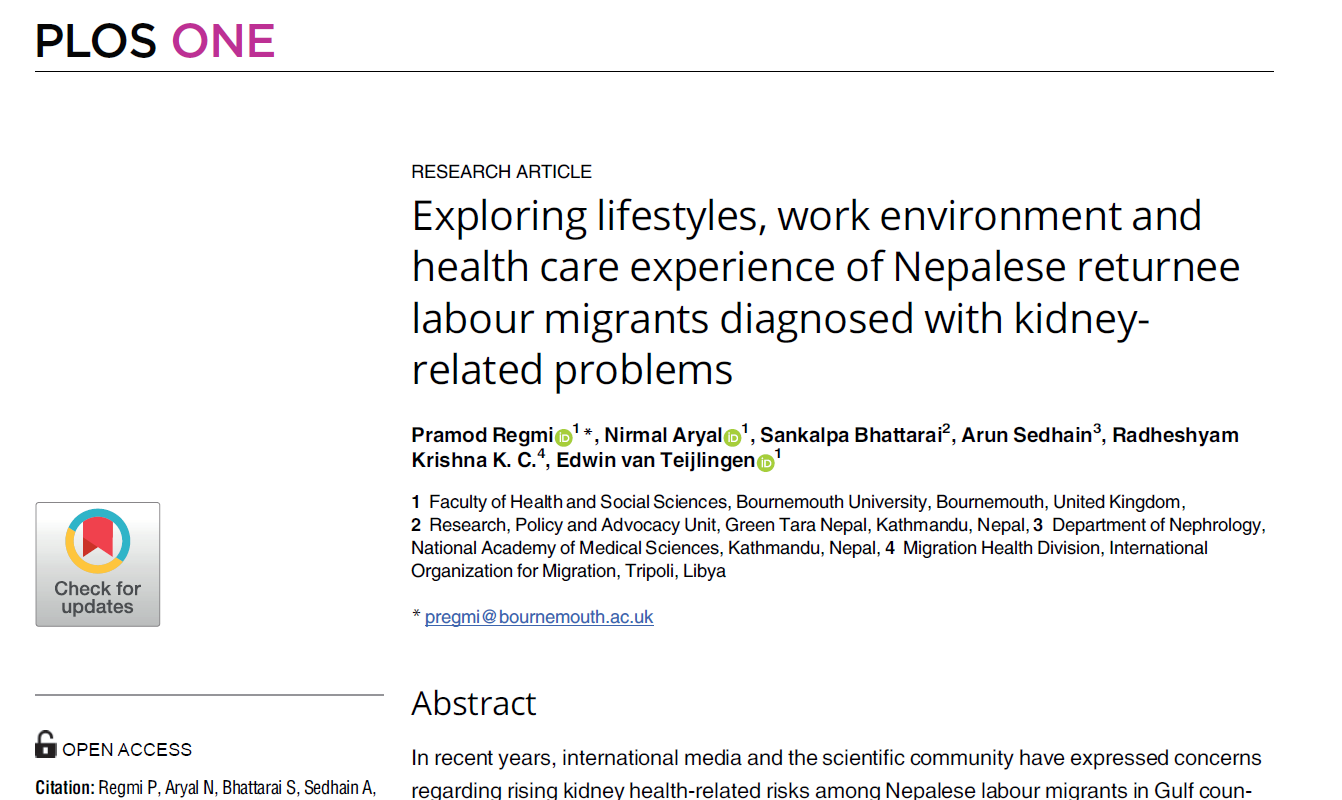

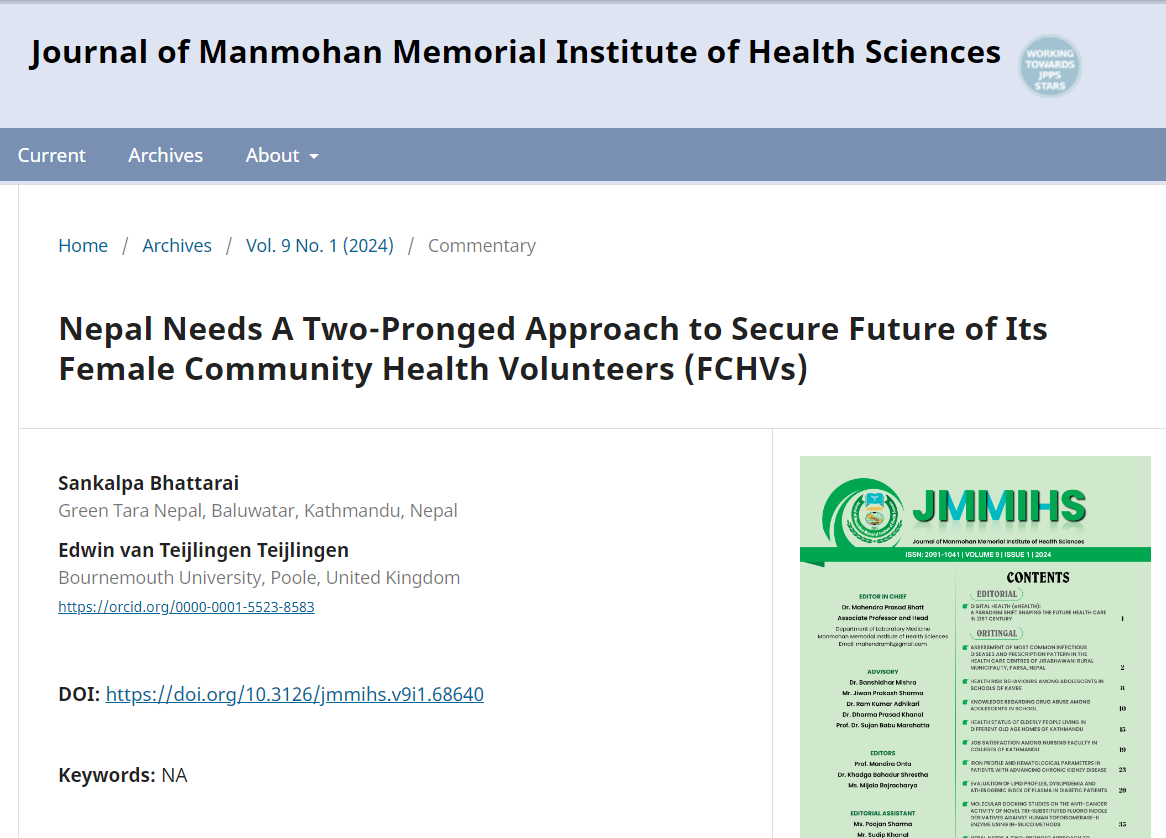
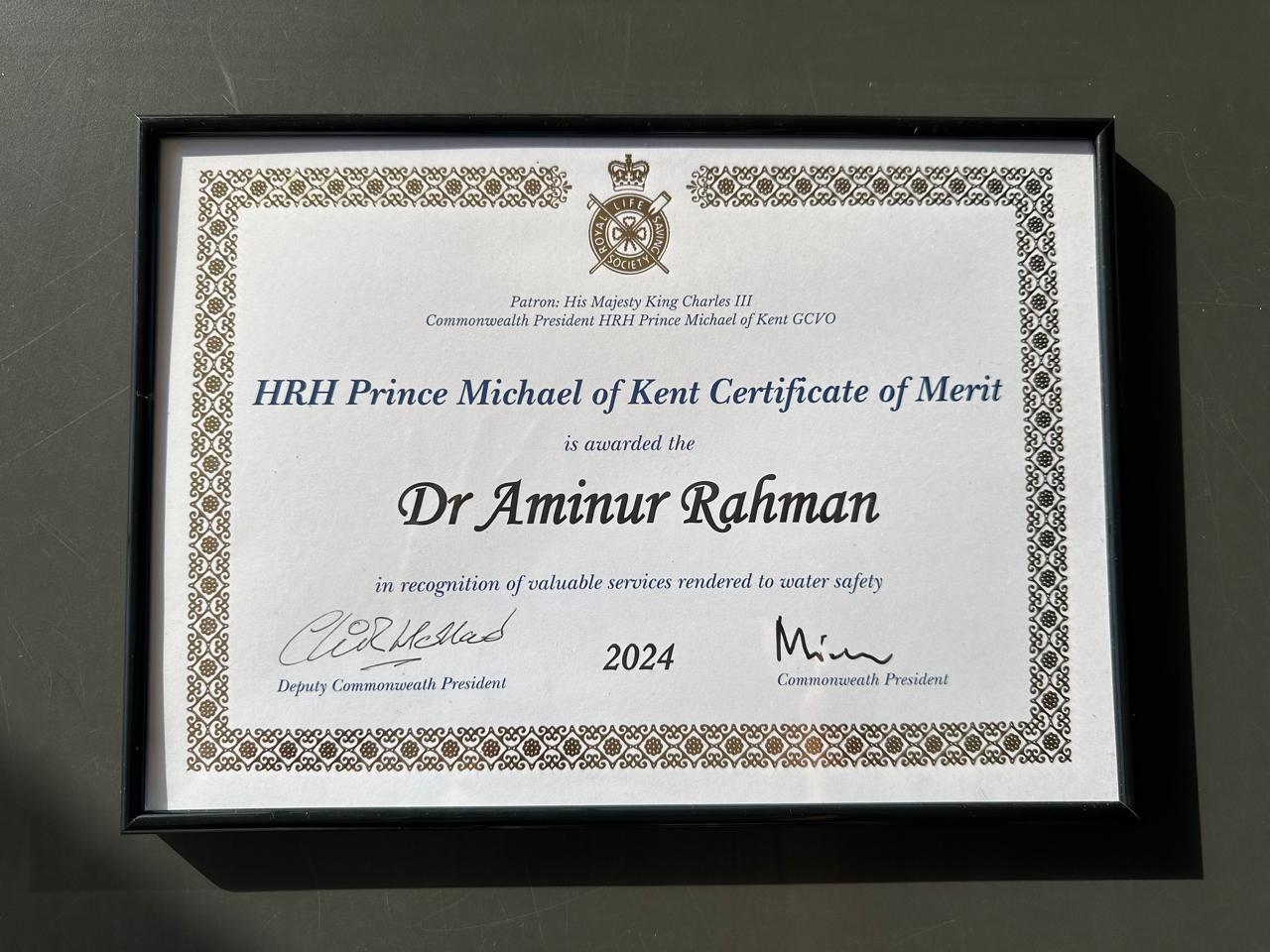
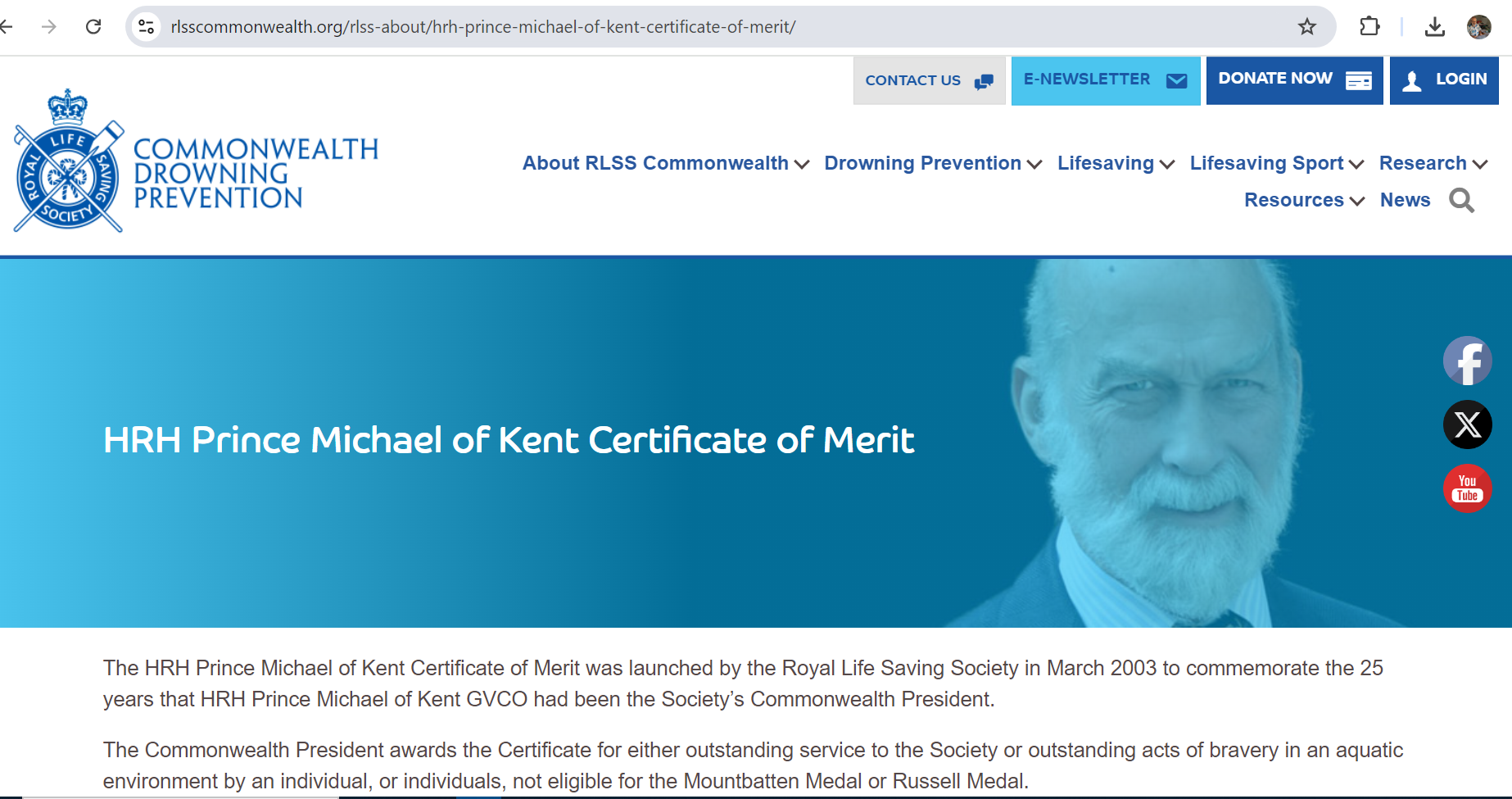


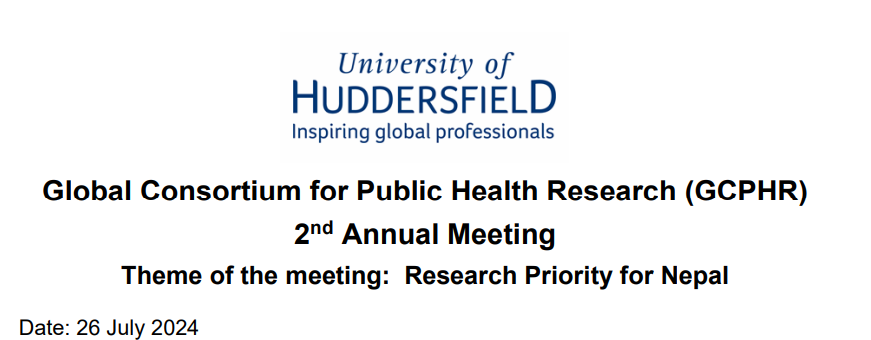
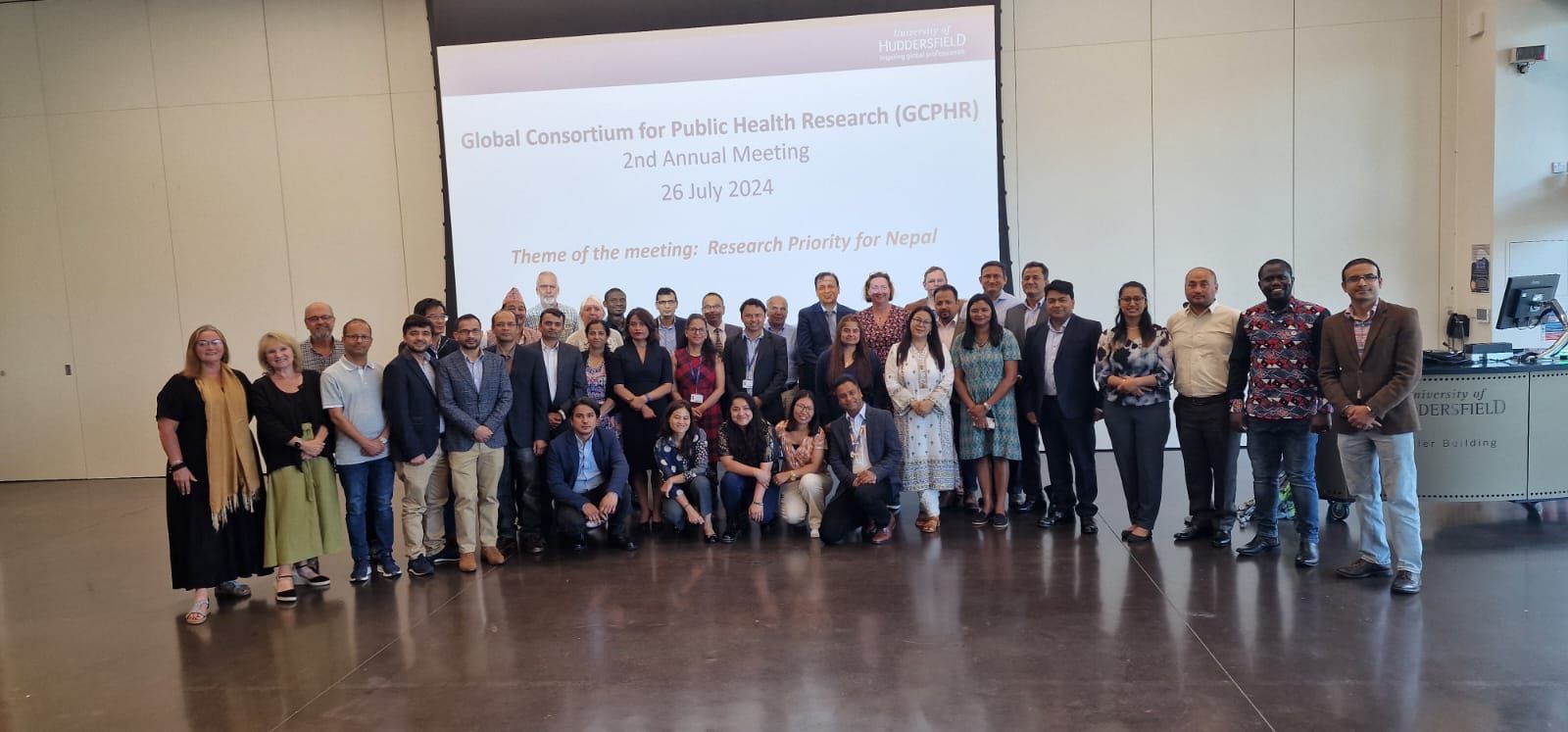
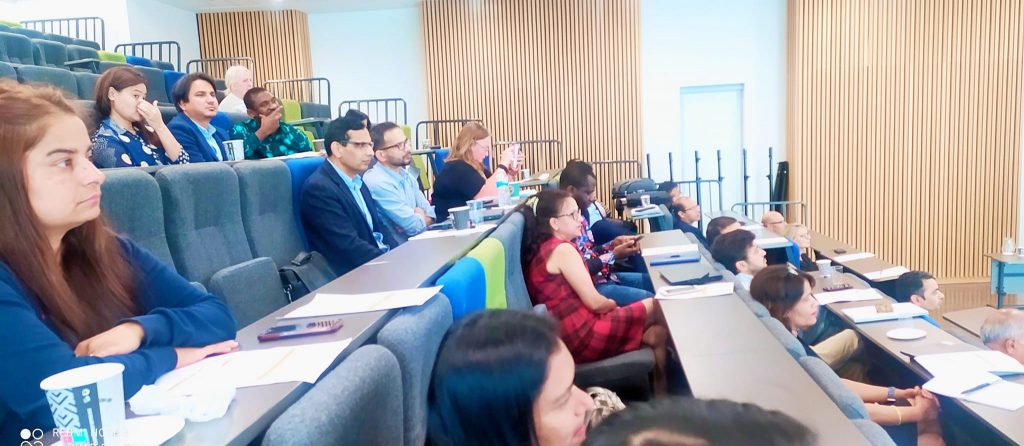
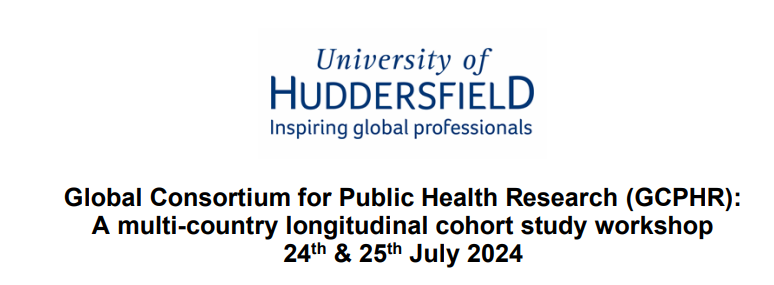
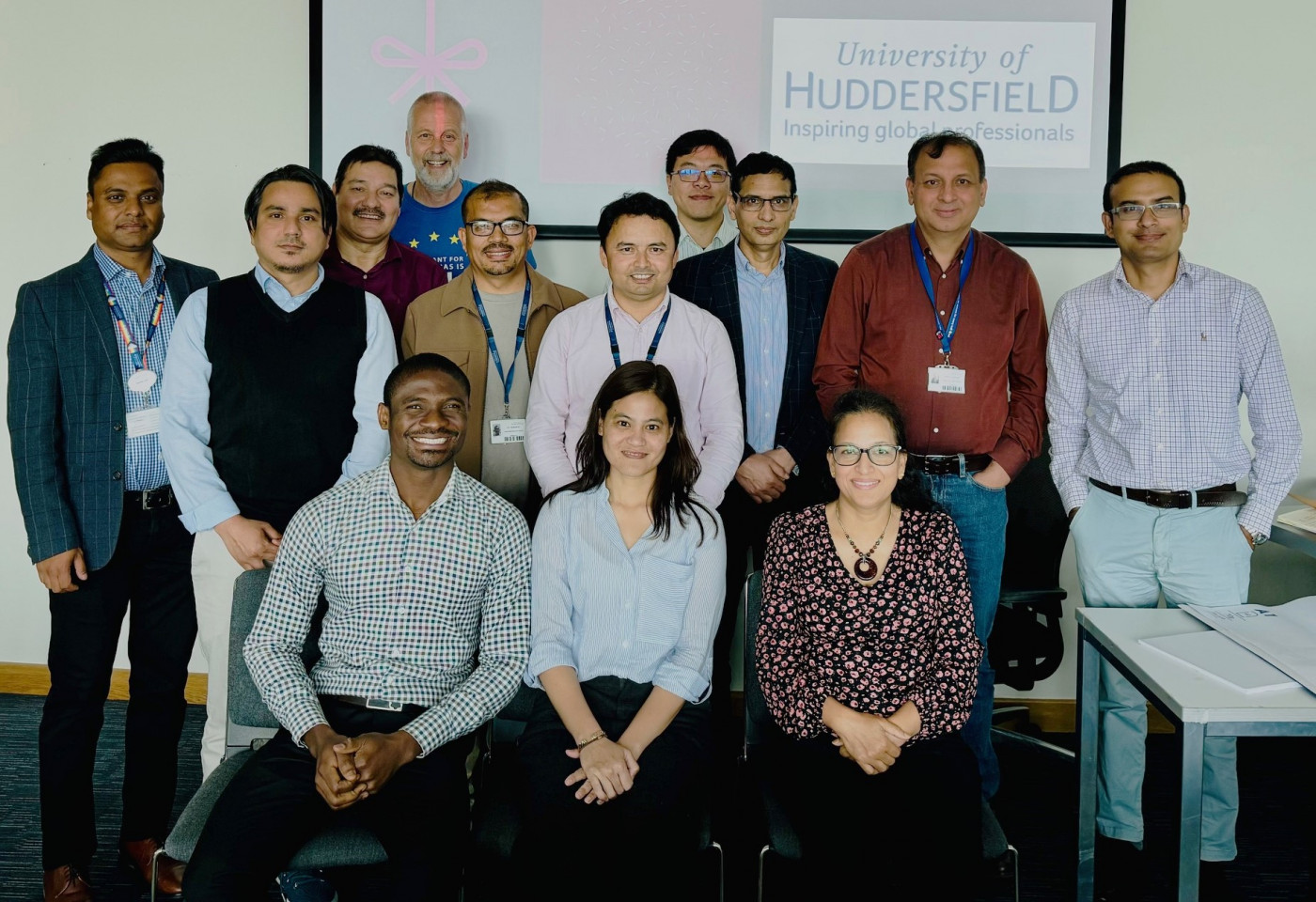













 BU attendance at third annual GCPHR meeting in June
BU attendance at third annual GCPHR meeting in June Interactive Tangible and Intangible Heritage Applications – BU student work featured in new book chapter
Interactive Tangible and Intangible Heritage Applications – BU student work featured in new book chapter Second NIHR MIHERC meeting in Bournemouth this week
Second NIHR MIHERC meeting in Bournemouth this week MSCA Postdoctoral Fellowships 2025 Call
MSCA Postdoctoral Fellowships 2025 Call ERC Advanced Grant 2025 Webinar
ERC Advanced Grant 2025 Webinar Horizon Europe Work Programme 2025 Published
Horizon Europe Work Programme 2025 Published Horizon Europe 2025 Work Programme pre-Published
Horizon Europe 2025 Work Programme pre-Published Update on UKRO services
Update on UKRO services European research project exploring use of ‘virtual twins’ to better manage metabolic associated fatty liver disease
European research project exploring use of ‘virtual twins’ to better manage metabolic associated fatty liver disease